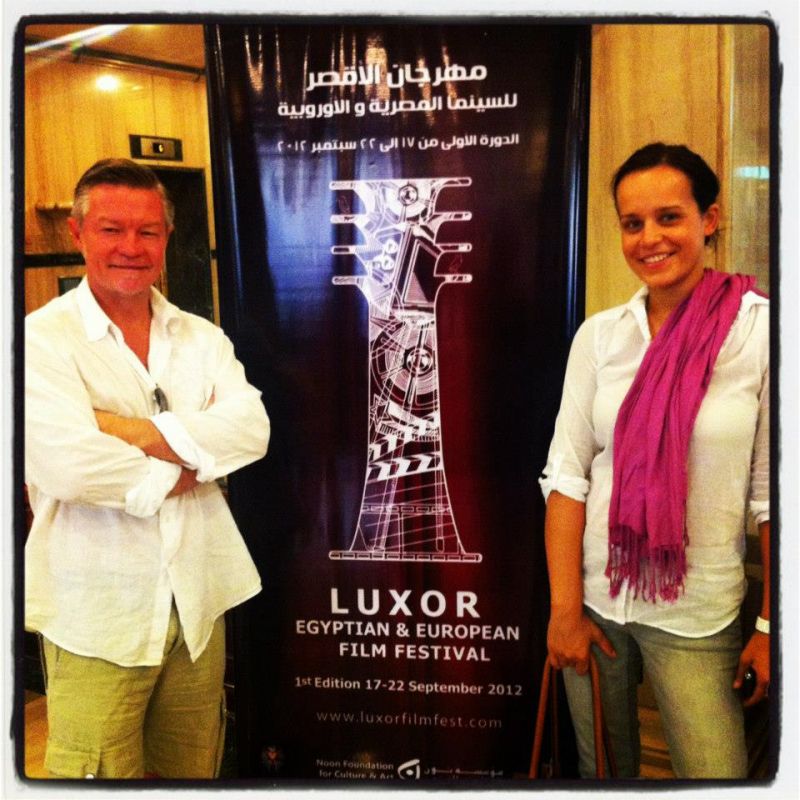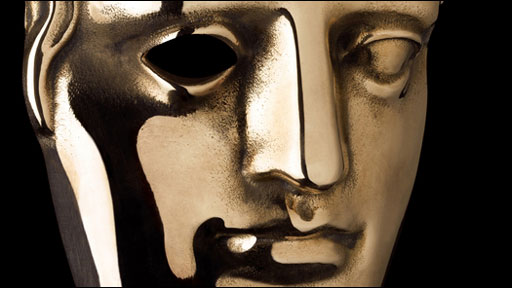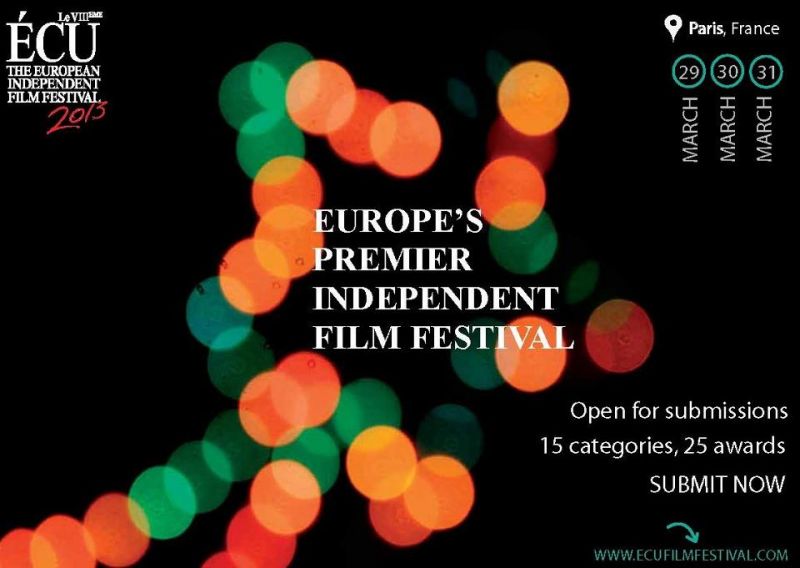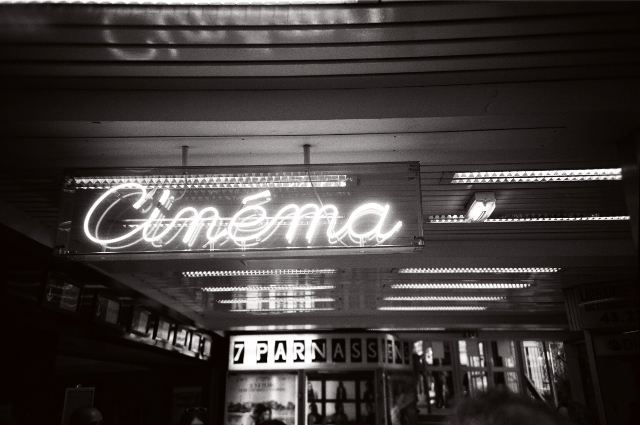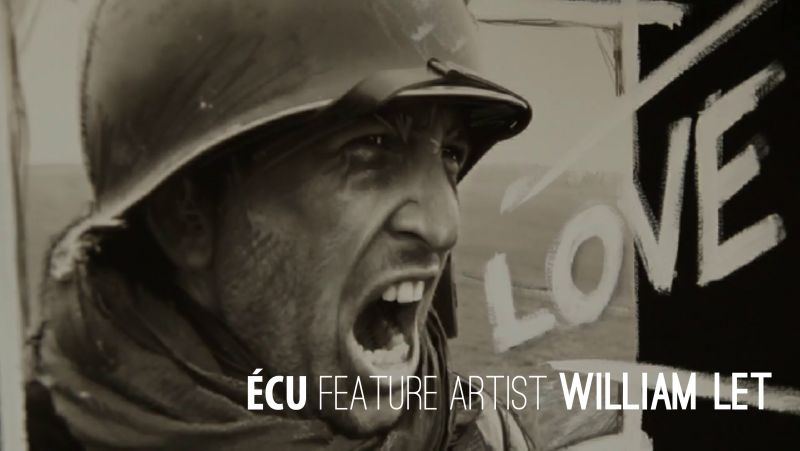|
|
||
|
Pro Tools
FILMFESTIVALS | 24/7 world wide coverageWelcome ! Enjoy the best of both worlds: Film & Festival News, exploring the best of the film festivals community. Launched in 1995, relentlessly connecting films to festivals, documenting and promoting festivals worldwide. Working on an upgrade soon. For collaboration, editorial contributions, or publicity, please send us an email here. User login |
Meet Indie Filmmaker: GANGSTER EXCHANGEArticle by Anna Takayama
Director Dean Bajramovic gives us an enticing sneak peak into his recent ÉCU 2010 Non-European Dramatic Feature submission, GANGSTER EXCHANGE, a quirky and dynamic (and somewhat autobiographical) gangster comedy about a Japanese Yakuza member smuggling heroin…in a toilet. Anna Takayama get’s the gritty details.
Q: What is your film about? The film is an action comedy about a couple of gangsters, one Japanese, one American, who team up in New York City and steal a toilet made of heroin from their gangs. On a deeper level, it’s about manhood and growing up. Marco (the giant muscle-mountain American thug) wants to graduate from his physical job as a simple enforcer, rise up the ranks and start using his mind for a change. But of course if he wants power he has to take it from his boss. Hiro (the Japanese Yakuza mobster) is looking for love. I always admired the work of directors like Hawks, Ford and Carpenter who made films that were easy to digest on a surface level, but also had many layers of subtext available if you wanted to dig deeper into the symbolism and the characters. Q: What was the source of inspiration for your story? They always say write what you know, so this story is autobiographical, about my years spent smuggling heroin for the Yakuza. Just kidding. But I did live in Osaka, Japan for two years, teaching English, and am generally obsessed with the culture and films, particularly Japanese gangster films. Then there are the Bosnians in New York City. My family is Bosnian, though I was born in Canada and now live in Toronto. There is also a lot of chemistry in the film, which I studied in University. Q: How did you come up with the setting of using a “toilet” to smuggle drugs? I read a magazine article years ago about how the Columbian cartels were smuggling cocaine encased in ceramics. The cops busted a warehouse full of bathtubs, sinks, etc… all made from cocaine. I switched it from cocaine to heroin because it seemed more likely that the Japanese mob would be sending heroin from Asia to the USA, as a stop over from Afghanistan. Heroin is also viewed as darker and more exploitative than cocaine. And I wanted the characters to be our heros but to have a dark side, morally. The toilet was an obvious choice, both for humor and for the symbolism of the nastiness of the drug. Q: You have a very international cast. How did you choose/meet your actors and actresses? Toronto is probably the most international city in the world, and the acting community certainly reflects that. We never had a role that we couldn’t fill with a great actor, and choosing one out of the talents that we saw was hard. For the leads, Hiro-Marco and Dragan-Gogo, we auditioned the actors alone, then had a shortlist and auditioned them in pairs to see who fit better. I think the chemistry between two leads is very important in a buddy film like this. Also, it was very important for me that the Bosnians be real Bosnians and that the Japanese be real Japanese. It had to be authentic. Q: What were some of the major difficulties that you encountered while shooting? Most of the problems we had were basically about working on such a tight budget. But then, I’ve heard George Lucas and Michael Bay complain about their budgets, so I guess it’s something all directors complain about. One major issue we had was the location changes. We shot sixteen locations in twenty days, which means we were packing up everything and moving almost every day. Each day in a new location means setting up the trucks, equipment, parking, finding bathrooms, running water for make up, etc… I figure we lost about 1-2 hours each time we had to go to a new location. On a twenty-day shoot that’s a big percentage of our time. Q: There are a lot of dynamic action sequences in your film. How long did your actors rehearse for these? I have to thank our stunt coordinator (Chris Cordell) and our fight co-ordinator (Steve Park), they were both phenomenal. Safety was the most important thing and we rehearsed every action scene until they were both comfortable. The scene that took the longest was the fight between Marco, Hiro, Ozaki and the six bouncers. The six bouncers were seasoned stunt guys from Toronto and they rehearsed that scene with the actors for about four or five hours. Q: Your film includes scenes from all over the world such as Tokyo and New York. How long did you spend in each of these locations? The New York City footage we shot there when I went down for a weekend with the producer, Georges Henri Picaud. It was Halloween weekend in NYC and they have the best Halloween party I’ve ever seen. They have a huge parade lasting about 5 or 6 hours, which made it into the film. The Tokyo footage was shot by Katsura Murata, a friend of mine from London Film School. Q: Tell me about your next project. I’m still working on Gangster Exchange, doing the promotion right now. We’ve landed a theatrical release in the USA, which was great news. This is still taking up most of my time right now though I’ve found some time to get writing done on new projects. I’ve got three scripts in the works: a zombie script, a musical, and a Big Lebowski-style crime comedy. I’ll also be shooting some music videos this year. 23.11.2009 | ÉCU-The European Independent Film Festival's blog Cat. : actor Afghanistan Anna Takayama Asia Canada carpenter Chemistry Chris Cordell coordinator Crime Dean Bajramovic Director Dragan-Gogo Entertainment Entertainment Films Gangster Gangster Exchange George Lucas Georges Henri Picaud Heroin Hiro Hiro Nakamura Hiro-Marco Japan London Major Michael Bay New York New York City Organized crime Osaka Person Career Steve Park The toilet Tokyo Toronto Yakuza
|
LinksThe Bulletin Board > The Bulletin Board Blog Following News Interview with IFTA Chairman (AFM)
Interview with Cannes Marche du Film Director
Filmfestivals.com dailies live coverage from > Live from India
Useful links for the indies: > Big files transfer
+ SUBSCRIBE to the weekly Newsletter Deals+ Special offers and discounts from filmfestivals.com Selected fun offers
> Bonus Casino
User imagesAbout ÉCU-The European Independent Film Festival Hillier Scott Hillier Scott (ECU)
Scott Hillier, Founder and President of ÉCU - The European Independent Film Festival
Scott Hillier is a director, cinematographer, and screenwriter, based in Paris, France. In the last 20 years, Hillier has gained international recognition from his strong and incredible cinematography, editing, writing, producing and directing portfolio in both the television and film industries.
Scott began his career in the television industry in Australia. In 1988, he moved to London getting a job with the BBC who then set him to Baghdad. This opportunity led him to 10 years of traveling around world for the BBC, mainly in war zones like Somalia, Bosnia, Tchetcheynia, Kashmir, and Lebanon. After a near fatal encounter with a Russian bomber in Tchechnyia, Hillier gave up his war coverage and began in a new direction.
He moved to New York City in 1998. He directed and photographed eight one-hour documentaries for National Geographic and The Discovery Channel. Based on his war knowledge and experience, Hillier wrote and directed a short film titled, “Behind the Eyes of War!" The film was awarded “Best Short Dramatic Film” at the New York Independent Film and TV Festival in 1999. From that he served as Supervising Producer and Director for the critically acclaimed CBS 42 part reality series, "The Bravest” in 2002 and wrote and directed a stage play called, "Deadman’s Mai l," which ran at Le Théâtre du Moulin de la Galette in Paris during the summer of 2004. He then became the Director of Photography on a documentary titled, “Twin Towers." This was yet another life changing experience for Hillier. The riveting documentary won an Academy Award for "Best Documentary Short Subject" in 2003. In 2004, Hillier changed continents again, spending three months in Ethiopia. He produced “Worlds Apart,” a pilot for ABC America / True Entertainment / Endemol. As you can see, Hillier was and is always in constant movement and enjoys working in a number of diverse creative areas including documentaries, music videos, commercials, feature and short films.
Scott studied film at New York University and The London Film and Television School. He also studied literary non-fiction writing at Columbia University. Hillier's regular clients include the BBC, Microsoft, ABC, PBS and National Geographic. Between filming assignments, he used to teach film, a Masters Degree course in Screenwriting at the Eicar International Film School in Paris, France and journalism at the Formation des Journalistes Français in Paris, France.
View my profile Send me a message The EditorUser contributionsUser links |




















